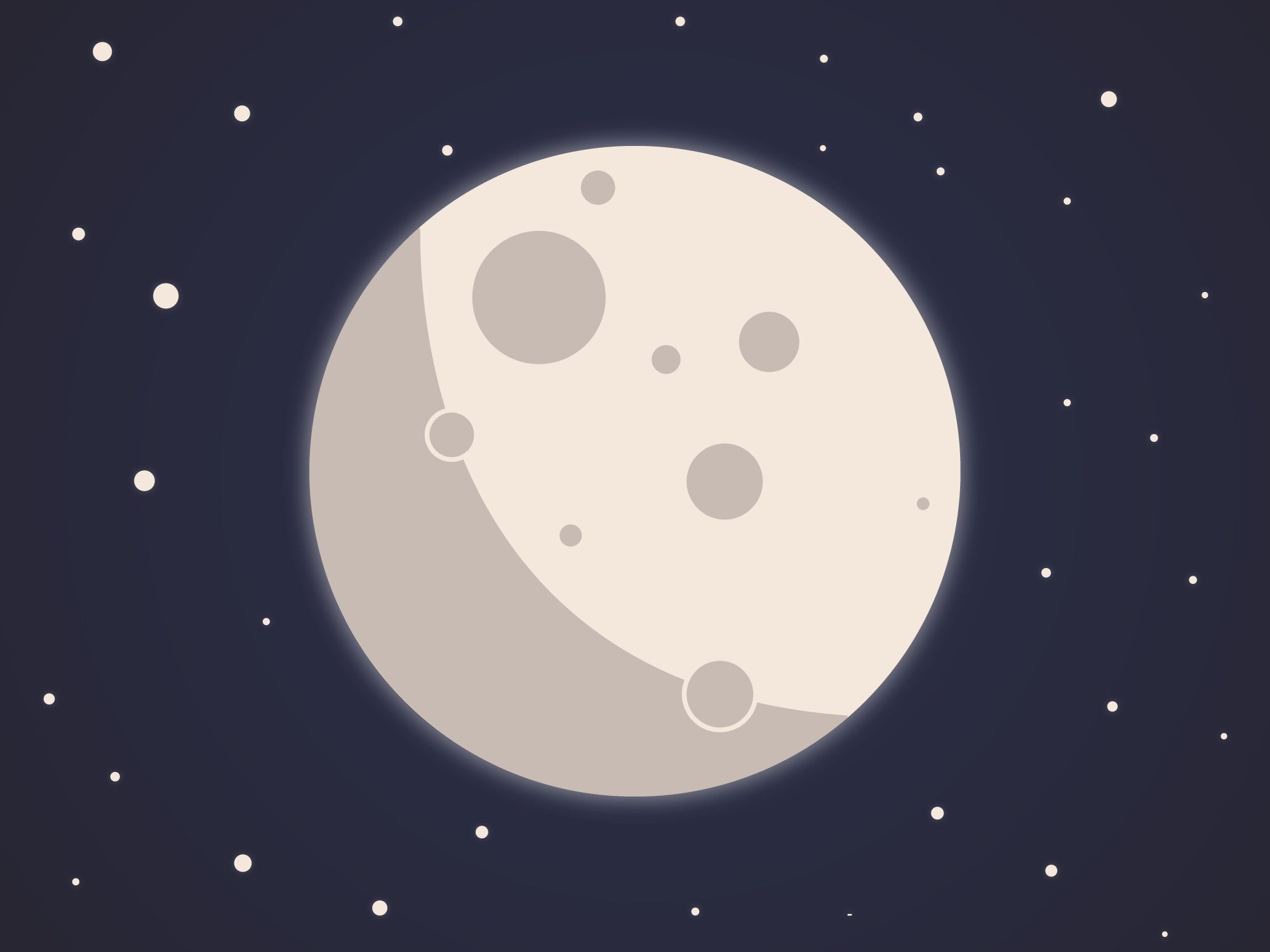What would happen to our plan if the moon moved away? What if it disappeared? Simply, life would not be the same and even the viability of Earth as a planet would be put at risk.
This and more we find in the following information (via Michel A. Olguín Lacunza
The Moon has played a fundamental role in life on Earth, but is currently slowly moving away from our planet. Have you ever wondered if we will ever lose it? And therefore, will life on Earth end?
Regarding these unknowns, Antonio Lazcano Araujo, professor at the Faculty of Sciences of the UNAM, explained that the Moon and life on Earth will exist for a long time.
In fact, some specialists believe that life will end within five billion years, when the Sun turns into a red star, grows and absorbs Mercury, Venus and then the Earth.
Meanwhile, said the university professor, we will have the Moon and the biosphere without problems, life will always be present because it evolves, especially microorganisms and bacteria that are extraordinarily resistant.
According to Antonio Lazcano, the Moon was much closer to Earth than it is now. This made the tides more intense and frequent.
Some scientists believe that the "puddles" that remained when the seawater arrived and receded were fundamental for the chemical reactions in the evaporated bodies. "If this is true, of course the Moon played an essential role in the appearance of life on our planet."
How did the Moon arise?
When the Earth was formed, the Moon did not exist. It actually arose after a body, roughly the size of Mars, collided with our planet. The material shot out and generated a kind of disk around the Earth, it condensed and from there this natural satellite arose.
The Moon is very peculiar in terms of its enormous dimensions compared to other satellites in the solar system. For example, Phobos and Deimos belonging to Mars, are asteroids captured by the red planet. Even Jupiter and Saturn have several satellites, but they are not as big as ours.
When the moon goes away
The Earth is covered by water and the great tides have slowed the speed of its rotation. There are physical quantities that must be conserved when the rotational movement is slowed. Therefore, the Moon has to move away little by little. "Eventually there will come a point where we won't lose it, but it won't be that close."
Does the Moon play a role in the evolution of organisms? "Of course, there are plants that have a related cycle because on full moon nights they open, there are even insects with night cycles."
But the Moon is moving away so slowly that by the time it is at a considerable distance and the amount of light is less, biological evolution will have allowed the cycles of these animals and plants to have coupled.
Certainly, without the Moon it is impossible to understand life on Earth and its relationship with a series of natural forces such as light, gravity or even the tides, these have influenced the evolution of the planet, concluded the university academic.













No Comment